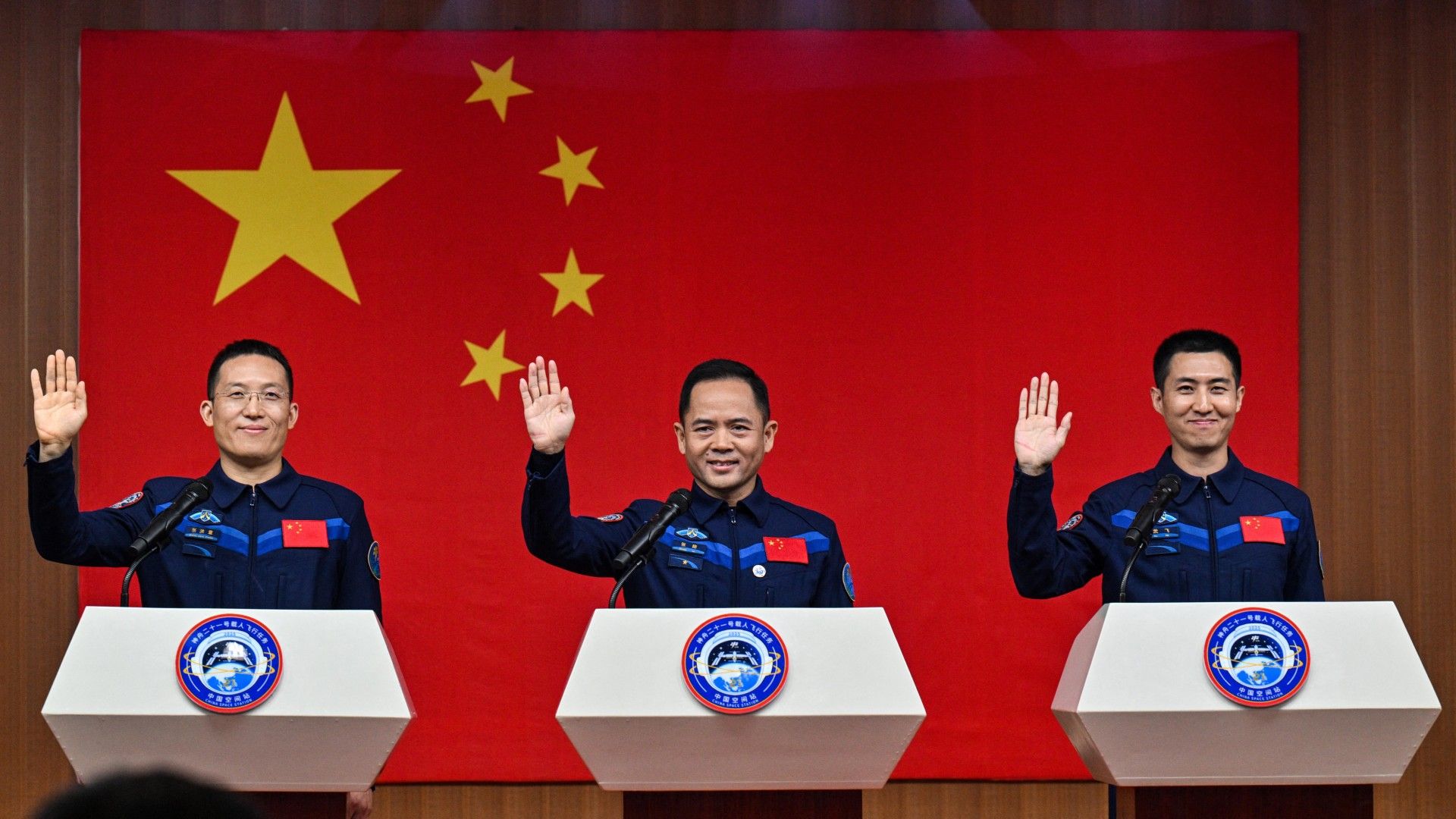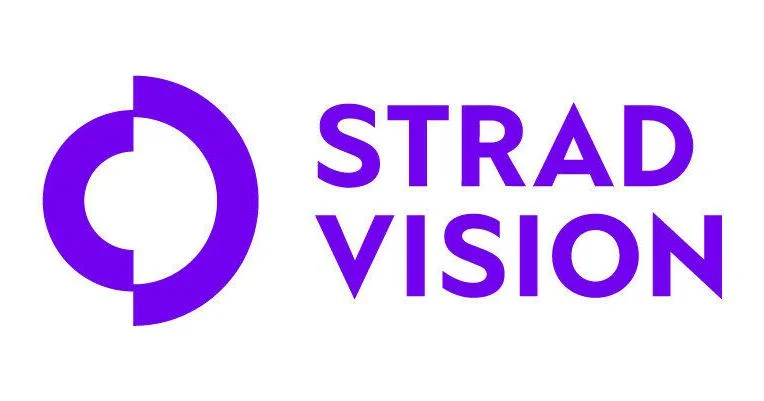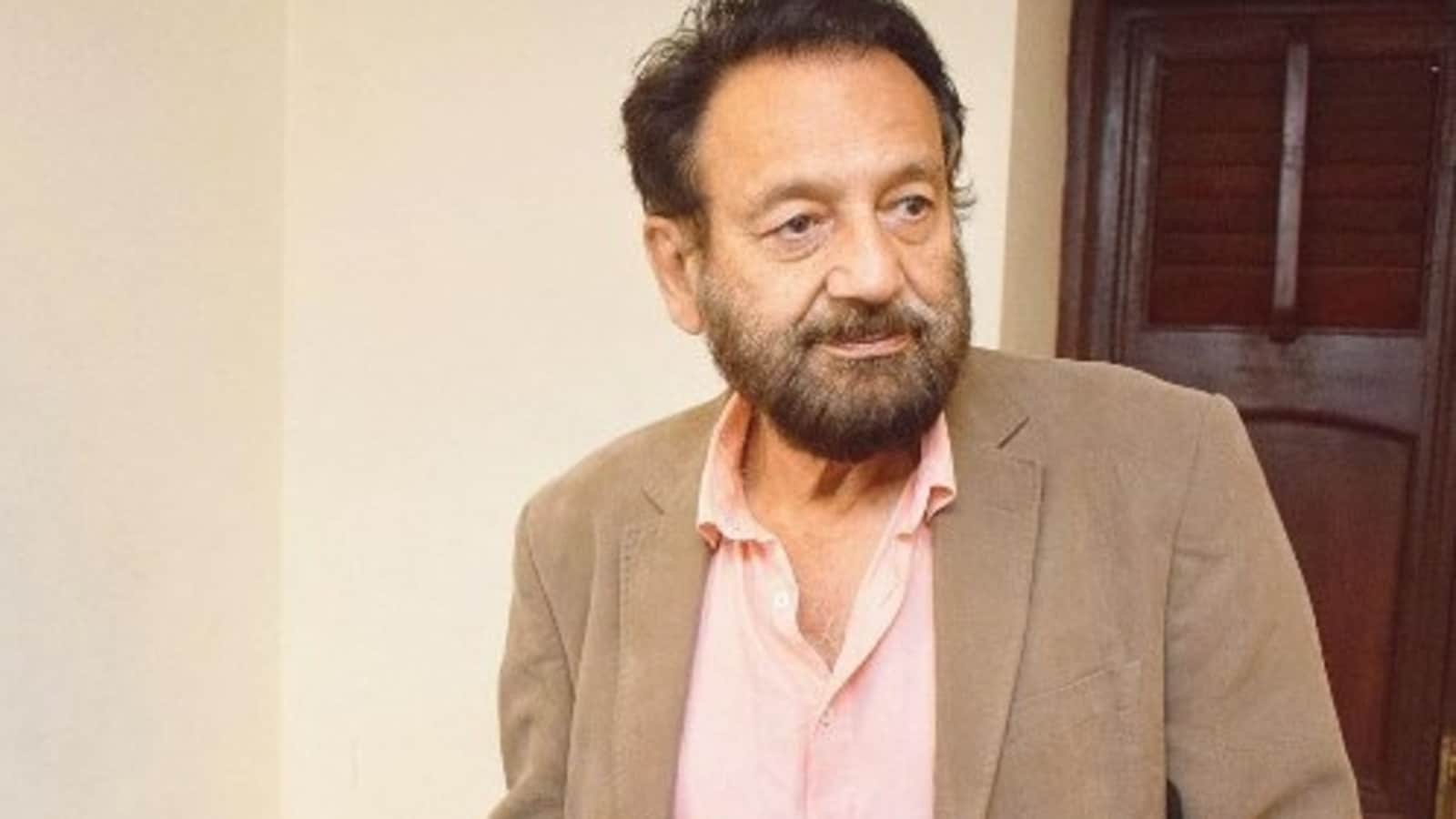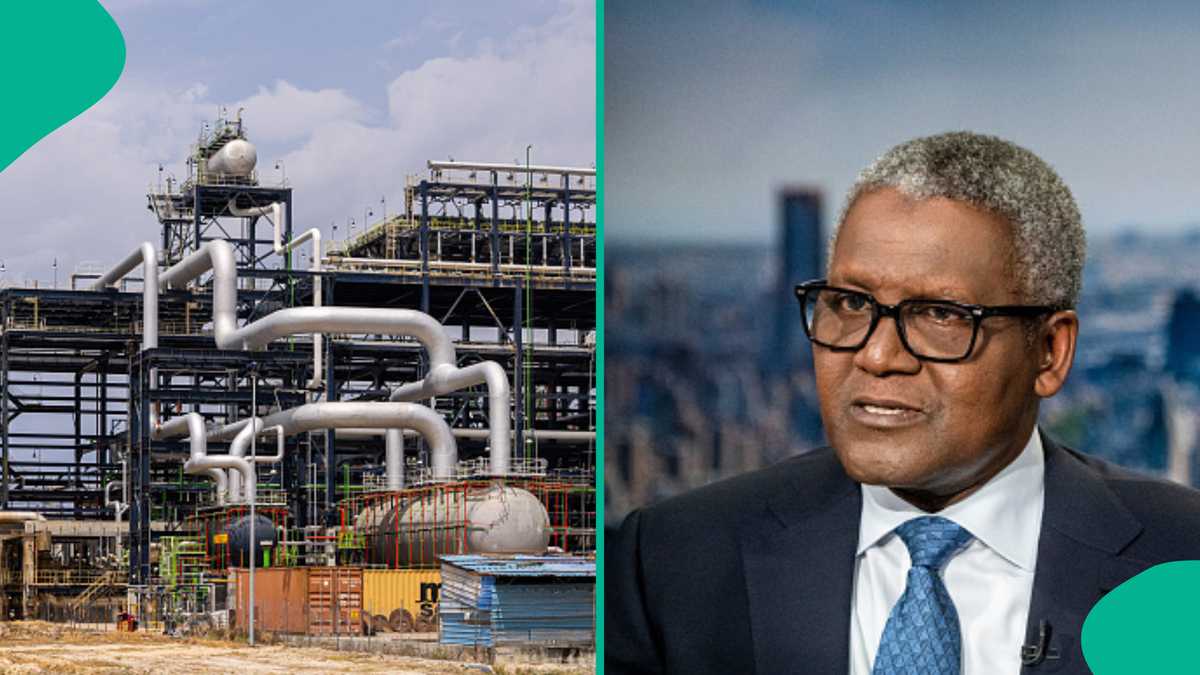Copyright Los Angeles Times
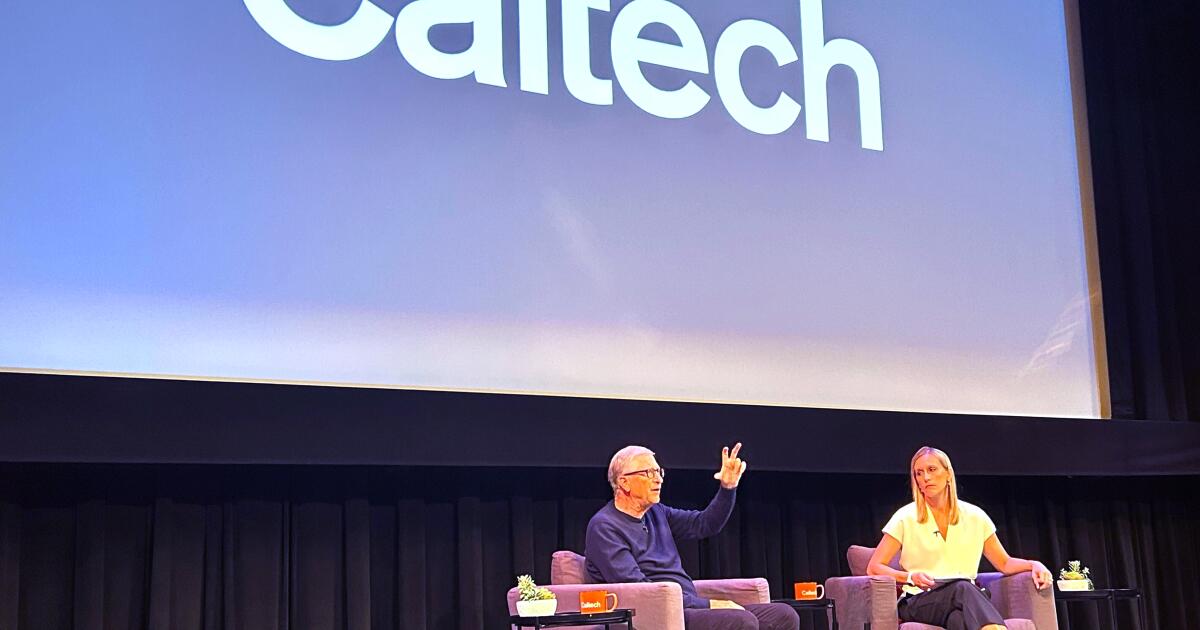
Last week, Bill Gates published a 17-page memo on his personal website that critics said pitted climate and public health efforts against each other, when they should instead be working in tandem. Monday night, speaking at Caltech in Pasadena, Gates doubled down, brushing off the critiques that came from across the ideological spectrum, including from climate scientists and President Trump. Stressing that philanthropic resources are finite, Gates said he’s shifted some of his efforts from preventing climate change to reducing human disease and malnutrition in a world that he said will undoubtedly become warmer. The United Nations’ 2025 Emissions Gap Report, published on Tuesday, says it’s likely that by 2100, global temperatures will have increased between 2.0 and 2.4 degrees Celsius compared to pre-industrial levels. Gates said he believes that number will be closer to 3 degrees Celsius. “The real measure there is all the things we’re doing to help the most vulnerable people on the planet,” he said. He went on to say that he wants to refocus on scientific innovation that will remove climate-change-related costs — what he called a “green premium” — from technology to address hunger and sickness in the poorest countries in the world. Climate scientists raised concerns about Gates’ memo released last week, arguing it inaccurately isolated the challenges of disease and hunger from climate change. “They are not separate problems, they are problems being exacerbated by this very issue,” said Katharine Hayhoe, a leading atmospheric scientist who studies climate change, in a forum Tuesday afternoon with other scientists. At Caltech, in front of over 1,000 people — a mix of mostly students and professors — Gates expressed frustration with climate scientists who critiqued his memo as erroneously downplaying the potential impacts of climate change. “What world do they live in?” he asked at one point, arguing that his critics were not taking into account that you could do more to save lives by spending money to address disease and other issues than by investing in reducing carbon emissions. “It’s a numeric game in a world with very finite resources,” Gates said on Monday night. “More finite than they should be.” Gates also rebuked Trump, who he said made a “gigantic misreading” of the memo in a Truth Social post last Wednesday that suggested Gates was no longer a climate change believer. “I’m a climate activist, but I’m also a child survival activist, and I hope you will be too,” Gates told the crowd at Caltech. “That’s the best way to make sure that everyone gets a chance to live a healthy life, no matter where they’re born or what climate they’re born into.” The billionaire said that his shift in focus to human health is intended to support poor countries that typically receive aid from the U.S. and other rich nations, at a time when the U.S. has backed away from such largesse. The Trump administration in July paused most foreign aid payments, which make up just about 1% of the national budget, but which researchers at the nonprofit Center for Global Development have found save some 3.3 million lives worldwide. At Caltech, Gates also discussed technologies he supports to mitigate climate change, including nuclear fusion reactors and geo-engineering. Gates’ critics within the climate science world say he is focusing on the wrong things. “He’s sort of perpetually downplayed the importance of the clean energy transition with the technology we have in favor of promoting some future tech,” said Michael E. Mann, a climate scientist at the University of Pennsylvania. It could take decades for some of those technologies to be implemented at scale, said Mann. “We don’t have decades to address the climate crisis.”
